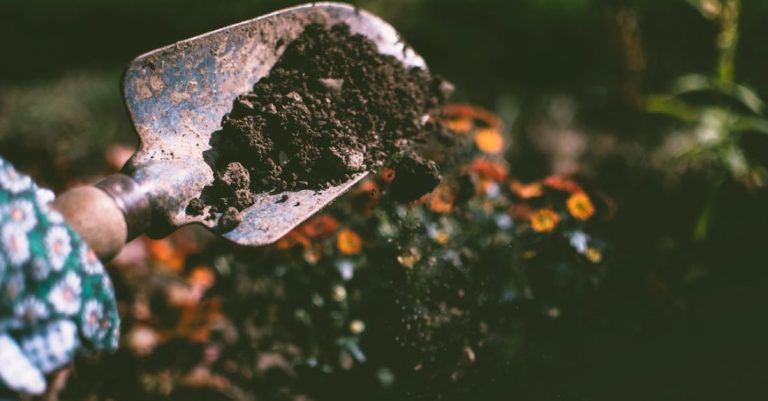
In the world of gardening, organic gardening has gained popularity for its eco-friendly practices and the production of fresh, chemical-free produce. Organic gardening is not just a trend but a sustainable way of growing plants that benefit not only the environment but also our health. To successfully practice organic gardening, one must understand and adhere to the basic principles that guide this method of cultivation.
Understanding the Soil
At the heart of organic gardening lies the soil. Healthy soil is essential for the growth of plants as it provides nutrients, water, and support. In organic gardening, the focus is on building and maintaining fertile soil through natural means. This involves adding compost, organic matter, and natural fertilizers to improve soil structure and fertility. By nurturing the soil, gardeners create a thriving ecosystem where plants can flourish.
Embracing Biodiversity
Biodiversity is another fundamental principle of organic gardening. In nature, diversity is key to a balanced ecosystem, and the same applies to a garden. By growing a variety of plants, gardeners can attract beneficial insects, birds, and other wildlife that help control pests and pollinate crops. Companion planting is a common practice in organic gardening, where plants are grown together to maximize space, deter pests, and enhance growth. Embracing biodiversity not only promotes a healthy garden but also contributes to the overall health of the environment.
Avoiding Synthetic Chemicals
One of the defining features of organic gardening is the exclusion of synthetic chemicals such as pesticides, herbicides, and synthetic fertilizers. Instead, organic gardeners rely on natural methods to manage pests and diseases, such as crop rotation, beneficial insects, and organic pesticides derived from plant-based ingredients. By avoiding synthetic chemicals, organic gardeners protect the health of the soil, water, and surrounding ecosystem while producing food that is free from harmful residues.
Water Conservation
Water is a precious resource, and in organic gardening, water conservation is a key principle. By employing techniques such as mulching, drip irrigation, and rainwater harvesting, gardeners can reduce water waste and promote efficient water use in the garden. Mulching not only helps retain soil moisture but also suppresses weeds and adds organic matter to the soil as it breaks down. Drip irrigation delivers water directly to the roots of plants, minimizing evaporation and runoff. By practicing water conservation, organic gardeners can minimize their impact on the environment and promote sustainable gardening practices.
Promoting Sustainability
Sustainability is at the core of organic gardening. By following the principles of organic cultivation, gardeners can create a self-renewing system that nurtures the soil, conserves resources, and supports biodiversity. Organic gardening promotes a holistic approach to gardening that considers the interconnectedness of plants, soil, wildlife, and humans. By working with nature rather than against it, organic gardeners can create a thriving garden that is not only productive but also environmentally friendly.
In conclusion, organic gardening is more than just a method of cultivation; it is a philosophy that promotes harmony with nature and the sustainable production of food. By understanding and embracing the basic principles of organic gardening, gardeners can create a thriving garden that is not only beautiful but also beneficial to the planet. From nurturing the soil to promoting biodiversity, organic gardening offers a holistic approach to growing plants that is both rewarding and environmentally responsible.





